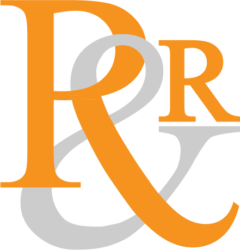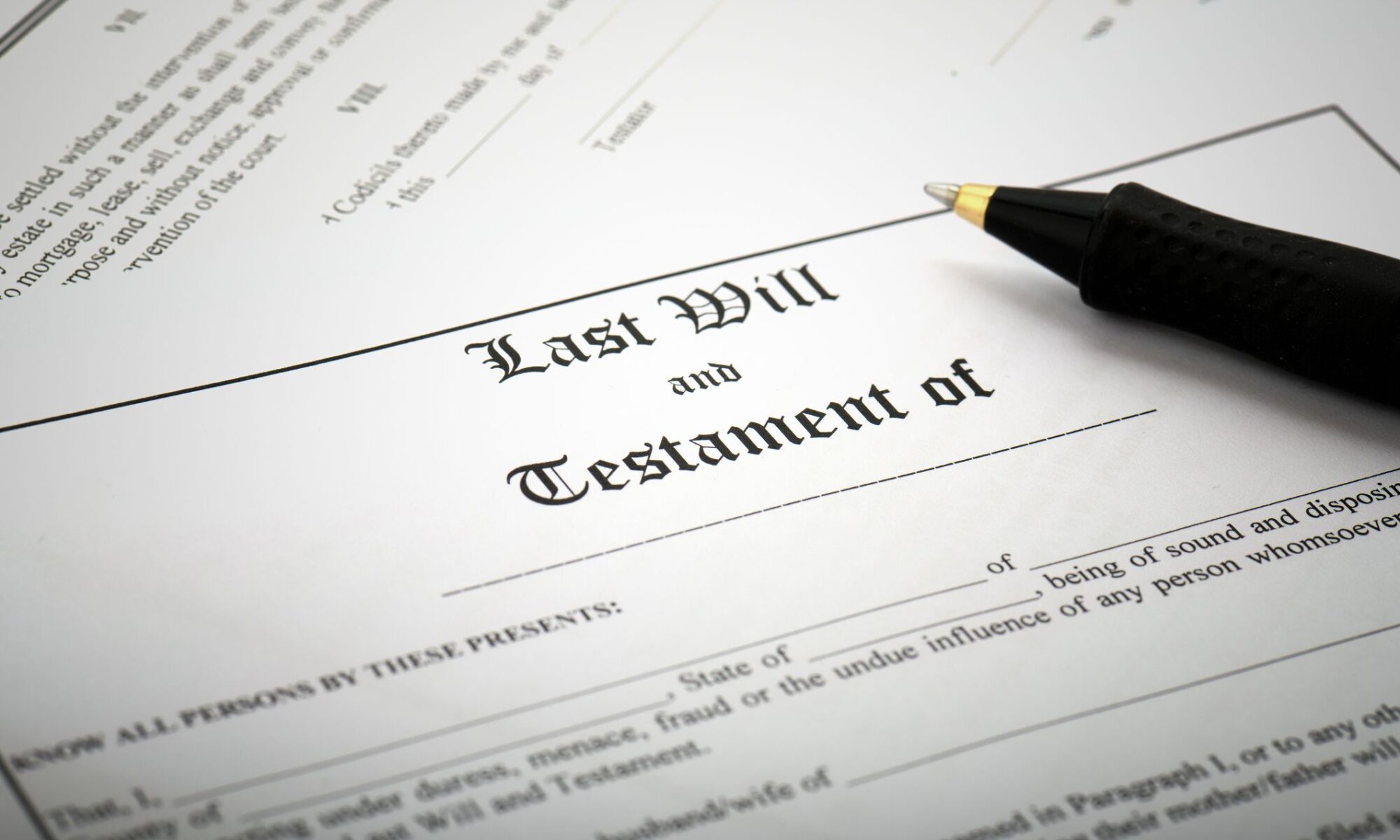One benefit of this extra time at home is that we have an opportunity to reflect on some important tasks that we may have been putting off for some time. Over the past several weeks, we have received numerous inquiries asking for assistance with Wills, Powers of Attorney and Living Wills. While we are certainly prepared to draft these documents even while working remotely, execution of the documents presented some difficulties.
Estate planning documents are traditionally executed with safeguards not required of other modern instruments. These safeguards include using two witnesses, who are not referenced in the document, and a notary public. Even in these times of social distancing, we can usually find a way for witnesses, often neighbors, to observe a person signing a document from more than six feet away. The witnesses can then sign with different pens while wearing gloves. Notaries, however, are more difficult to find.
Earlier this month, the Pennsylvania legislature joined several other states in recognizing the unique situation many people are facing with the potentially life-threatening COVID-19 virus, their desire to properly appoint other individuals to act for them in the event of illness and the relief that comes with knowing they have Wills in place that provide for and protect their loved ones. By establishing rules that now allow notaries to perform their function by teleconference, execution of these documents can take place in a manner that recognizes the significance of these documents while introducing a modern approach that makes notaries more accessible to everyone.
Our attorneys and staff at Robson & Robson are available to assist you with your estate planning needs during this crisis.


